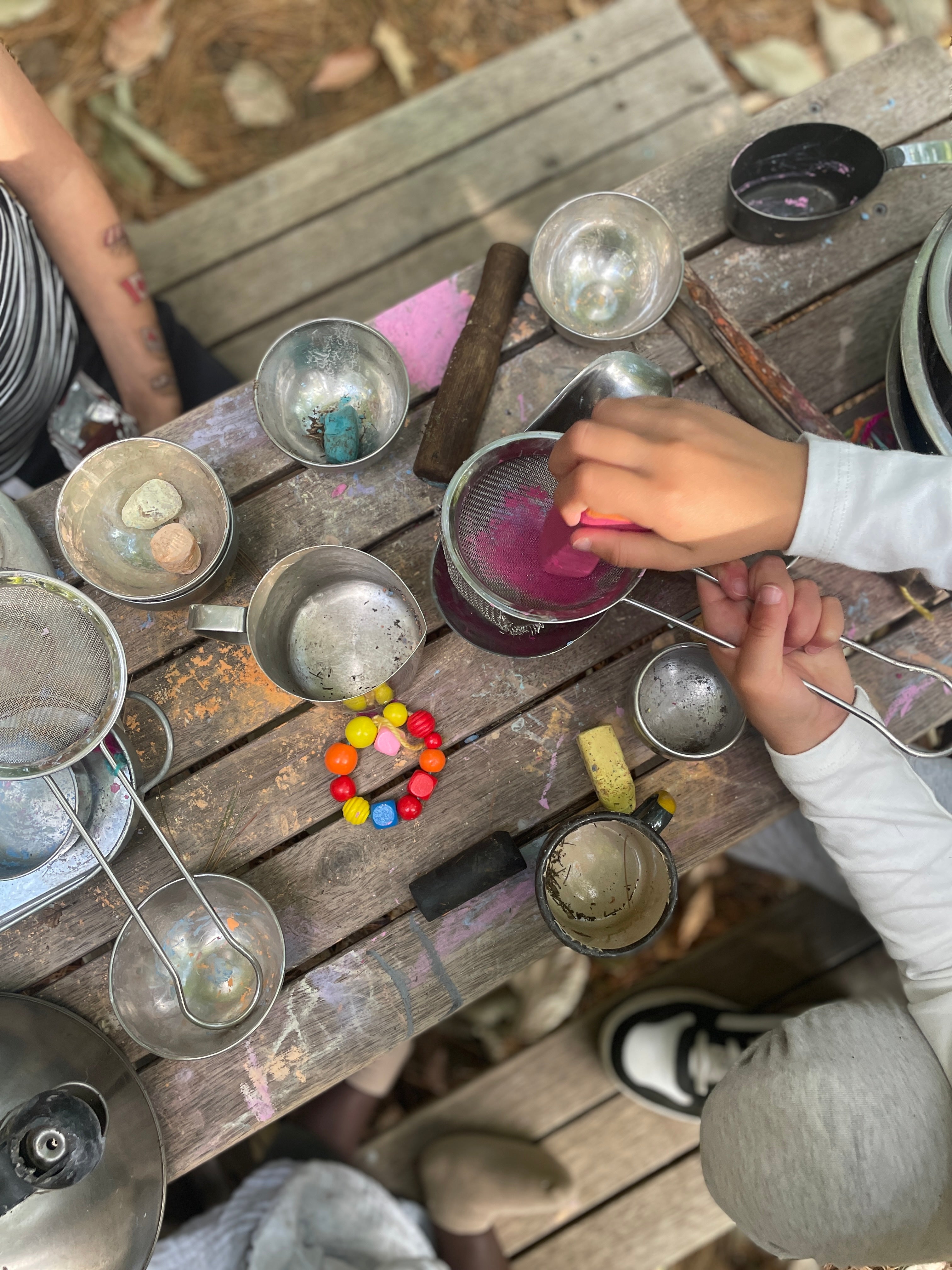
Rethinking Play: From Behaviour to Culture
Lately, I’ve been reflecting on my career in play—yes, play—and the work I’ve done to champion children’s right to it. Throughout the early years and within the formal education sector, I’ve advocated for play as essential—not optional—in childhood. At first glance, it should be simple: children play, children need play, and children understand the world through play.
Educational, developmental, and psychological theorists alike agree on its significance. They’ve written about it, studied it, and emphasized its importance across decades. And yet, play remains oddly elusive—tucked away at the edges of policy documents, curriculum frameworks, and daily routines. It’s treated, far too often, as a luxury rather than a right.
In many Western societies, making room for play has become increasingly difficult. Our calendars are crowded. Structured activities dominate children’s time. And with rising rates of trauma and adverse childhood experiences, many children (and adults) operate in a kind of survival mode—disconnected from the creativity, imagination, and freedom that true play requires.
Of course, there’s no shortage of good intentions. We try to schedule playtime, offer open-ended materials, or arrange carefully curated playdates. These efforts matter—but they’re not the whole answer.
Because the more I’ve worked in this field, the more I’ve come to believe: play is not just something children do. It’s not simply an activity or a behaviour we facilitate. It’s not even limited to the classic definitions I’ve long cited, such as Play England’s description of play as “freely chosen, personally directed, and intrinsically motivated.”
The answer, I now believe, lies deeper: play is a mindset—and a culture. And to truly support play, we must be willing to shift both.
Cultivating a Playful Mindset and Culture
If we want play to thrive, we must first ask: what kind of environment allows play to emerge—and what kind of adult presence sustains it?
Here’s what I’ve learned:
-
A playful mindset begins with curiosity.
Children are naturally curious, but they often learn to suppress that instinct in favour of compliance. A playful culture welcomes questions over answers, exploration over efficiency. It creates space for uncertainty and delights in the unexpected. -
Imagination must be nurtured—not managed.
Play is not a distraction from learning; it is a way of learning. We need environments that encourage children (and adults) to wonder, invent, and dream—without immediately anchoring those dreams to outcomes or assessments. -
Adults set the tone.
Children look to us for cues—about what’s safe, what’s valued, and what’s possible. When we model playfulness in our language, our interactions, and our attitudes, we send a powerful message: this is a place where joy, creativity, and exploration are welcome. -
Play is a way of relating.
It invites connection. It allows children to test ideas, explore emotions, and make sense of their experiences. In a culture that values play, relationships come alive with empathy, laughter, and shared discovery. -
Play requires trust.
Trust in children’s capabilities. Trust in the process, even when it looks messy or chaotic. And trust in ourselves, as educators, caregivers, and community members, to let go of control just enough to allow magic to happen. -
Play nurtures self-agency.
Through play, children exercise choice and control, discovering their voice and building confidence in their ability to shape their own experiences and environment. -
Play redistributes power.
It shifts the balance, allowing children to lead and adults to listen, fostering a dynamic where authority is shared and mutual respect thrives. -
Play is a joyful form of rebuilding just societies.
By nurturing creativity, autonomy, and empathy through play, we cultivate the skills and mindsets necessary to imagine, create, and sustain more equitable and compassionate communities.
If we want children to reclaim play as their birthright, then we must do more than carve out time for it—we must reimagine our collective relationship to it. That means designing systems, environments, and cultures that honour the spirit of play: open-ended, joyful, and alive with possibility.
In doing so, we don't just support play—we live it. And in that playful living, we create the conditions for growth, healing, and human flourishing.


0 comments